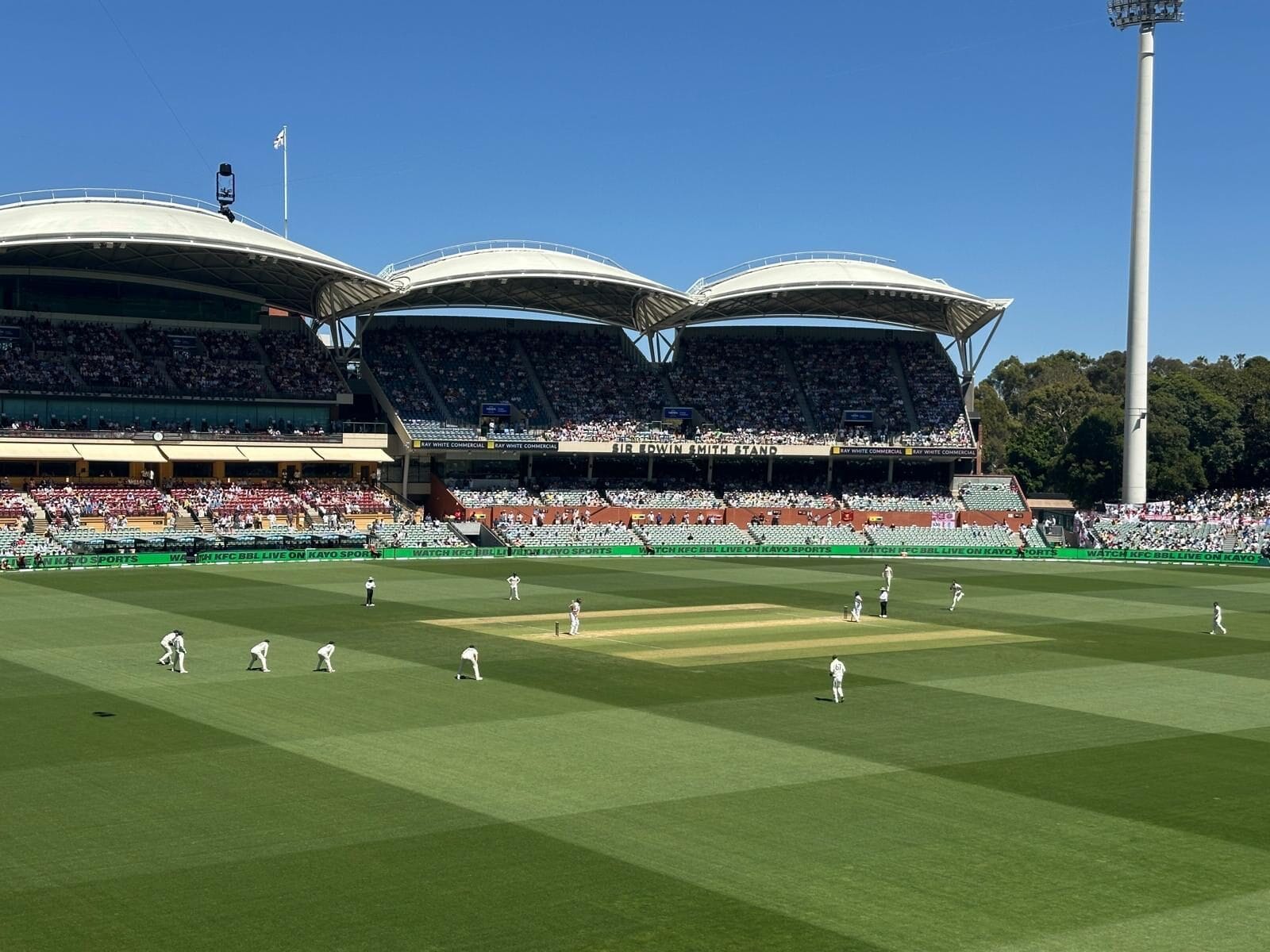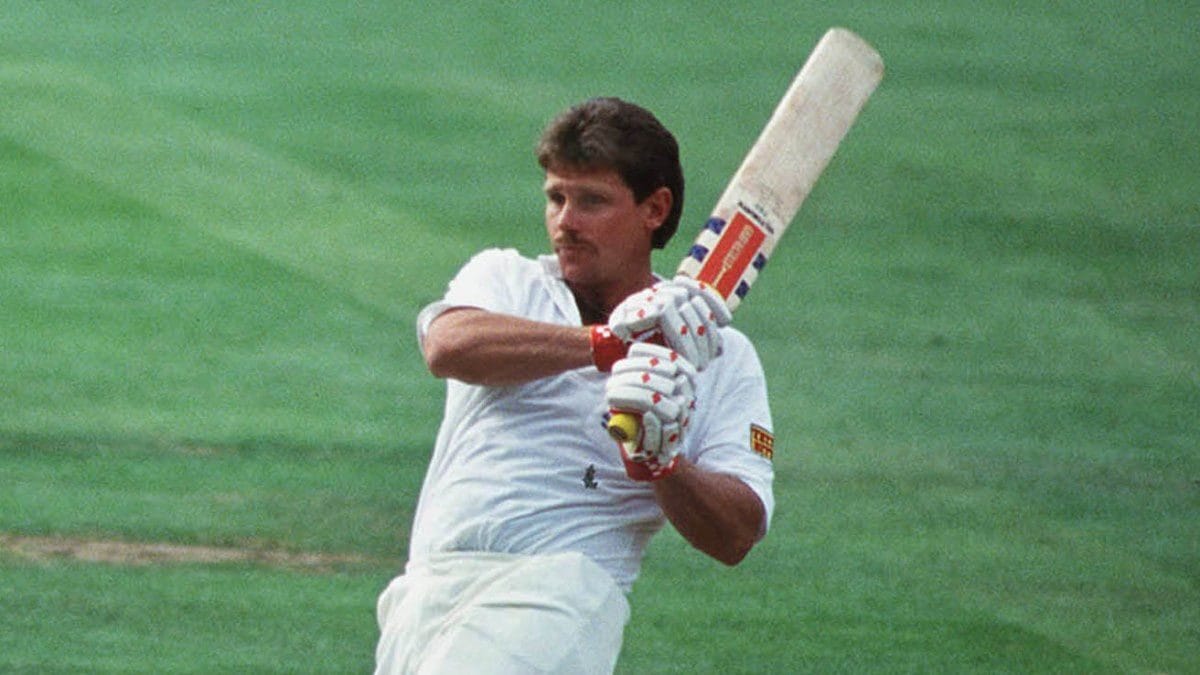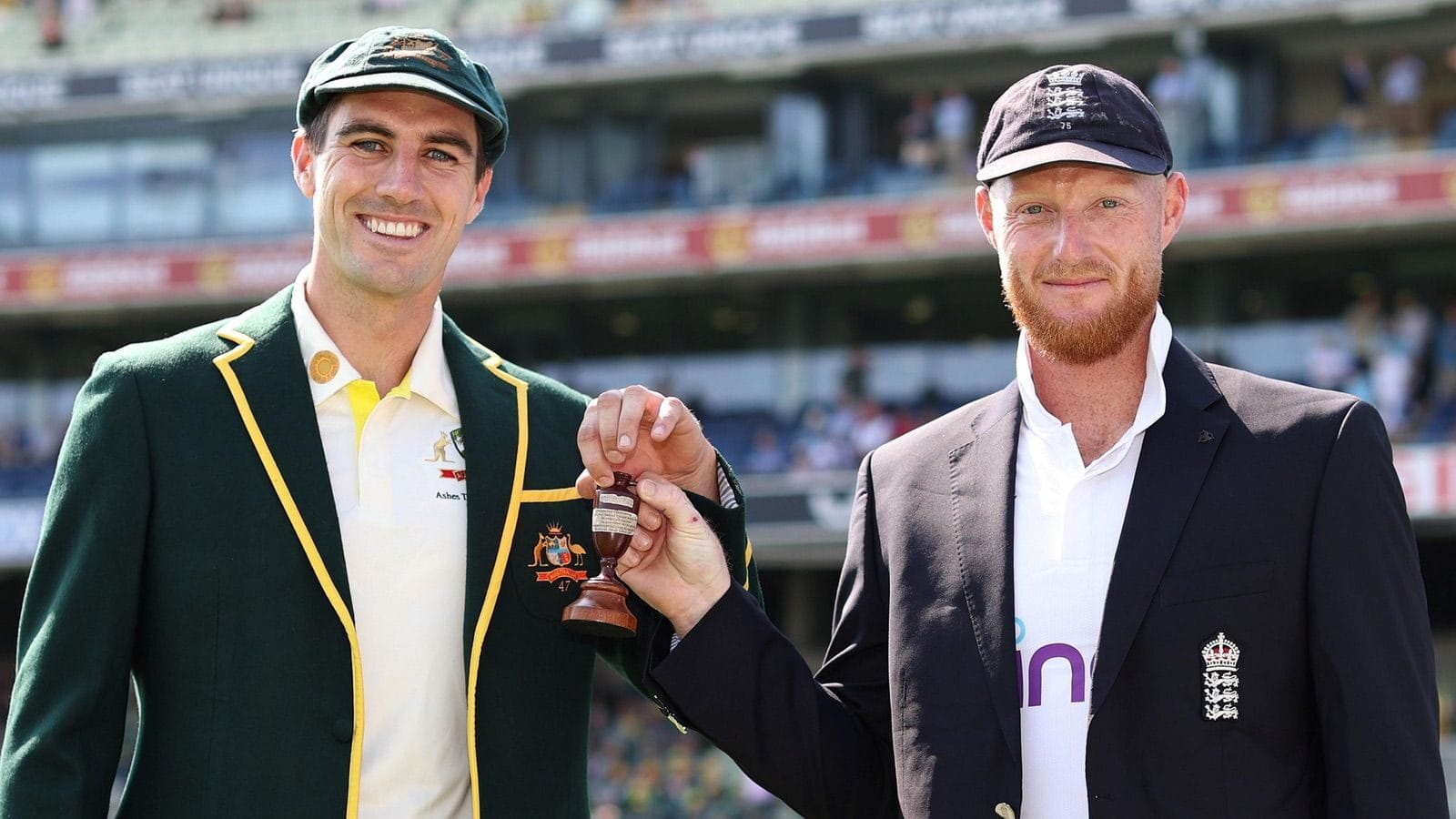The two semi-finals of the 2019 men’s Cricket World Cup could hardly have been more different from one another. Yet both games contained elements that have come to typify this long drawn out but continually intriguing competition. At the same time each game contained something that defied the prevailing trends.
To many pundits CWC19 (ouch, sorry) represented an unexpected return to “old-fashioned” one day cricket. It was assumed, before the tournament began, that scores of 300, 350 plus would be commonplace and that it would be a competition dominated by free-scoring batsmen.
For various reasons this turned out not to be the case. Scores of 220-260 were much more prevalent and bowlers made their mark.
The second semi-final, at Edgbaston, seemed to be such a match when Australia were bowled out inside the 50 overs for 223. But England’s reply, led by their assured and aggressive openers Jason Roy and Jonny Bairstow, seemed like a return to modern normality. Roy hit five sixes. The eight wicket victory came with almost 18 overs to spare. If England had batted for 50 overs they would surely have got 400.
One aspect of this was typical, however. The top sides relied very heavily on their opening batsmen to set up a challenging total. Roy and Bairstow (when Roy was absent hurt England were a different side), Aaron Finch and David Warner for Australia, Rohit Sharma and Shikhar Dharwan or KL Rahul for India. The exception was New Zealand. Martin Guptill, normally a highly influential opener barely made a run after the first match against Sri Lanka. But this didn’t stop them winning an extremely tight contest in the first semi-final at Old Trafford when for India, each of Sharma, Rahul and Virat Kohli scored one run.
That classic and thrilling encounter was similar to a number of other games in the competition, notably South Africa v New Zealand at Edgbaston and England v Sri Lanka at Headingley. In each of these games the overwhelming view of informed onlookers at the halfway stage was that the side batting first hadn’t made enough runs. Only in the Edgbaston match did this turn out to be true. This was a game won by New Zealand in the final over thanks to a wonderful innings by their captain Kane Williamson.
There are a number of ways in which a batsman can win a 50 over match for his team (of course, he can’t do it all on their own). One is Roy’s way; size up the opposition, wear down or at least obstruct the dangerous ones and, when the opportunity presents itself, pounce, and destroy.
That is not Williamson’s way. He plays the long game. Like Roy he starts at the beginning, but he takes it as deep as possible. If he’s still there at the end, his team will almost certainly win. He has turned finishing into an art form.
Not that he is alone. In the beginning there was the Australian Michael Bevan. But for a cricketing generation at least the acknowledged master of the limited-overs run chase has been the Indian maestro M S Dhoni. He too took it deep and long and has an incredible record chasing.
So when India needed nine an over with ten overs to go chasing 240, with Dhoni and a rampant Ravi Jadeja batting, India seemed to be favourites despite having been five for three. But, as against England in the group stage, Dhoni couldn’t get them over the line.
Bat first and “apply scoreboard pressure” became the mantra. Batting seemed to become more difficult as the day wore on. It worked for Sri Lanka at Headingley, to universal astonishment. And it worked for Williamson at Old Trafford.
After Sri Lanka’s innings at Headingley top scorer Angelo Mathews was much criticized for playing a selfish and negative innings. By the time England’s top order had subsided to veteran swinger Lasith Malinga, Mathews’ effort was being hailed as a masterclass.
It was similar at Old Trafford. New Zealand’s best batsmen, Williamson and Ross Taylor, scored the bulk of the runs. But it wasn’t pretty. Each had a strike rate in the seventies, modest by today’s standards. Williamson’s innings was not unlike his Edgbaston hundred; never fluent but always in control. Taylor’s seemed rough and almost clumsy.
The weather was a factor. The semi-finals had a reserve day – as does the final – and this turned into a two-day match. At the end of the first day New Zealand had struggled to 211 for 5 off 46 overs, Taylor still there. Nobody thought it was enough. Overnight Mike Selvey caused a Twitter storm by suggesting Williamson’s innings was one of the greatest of all World Cup innings. Geoff Lemon, on the other hand, said Taylor’s innings was the worst limited overs half century he had ever seen. They scrambled to 239 on Wednesday; still it didn’t seem enough. But it was.
Batting first didn’t work for Finch at Old Trafford. He and David Warner were out in the first three overs. Steve Smith fidgeted and nudged and nurdled his way to 85 in his unique style, and, once in, looked in control. Alex Carey, not for the first time, made batting look easy. Nobody else did anything. Was it another of those awkward tracks that gets more and more difficult? According to Roy and Bairstow, no.
England won because of another recurring theme of the World Cup; a potent new-ball attack. Chris Woakes and Jofra Archer were formidable in the first power play. At Edgbaston it was Trent Boult and Matt Henry. The outstanding new-ball bowlers in the tournament were arguably on the losing sides, Mitchell Starc and Jasprit Bumrah.
Asked who were going to get to the final, Steve Waugh declined to make a nomination but said that it was probable that a single moment of individual brilliance would have a significant impact. That was certainly true at Edgbaston. When Dhoni was stunningly run out by a direct hit from Martin Guptill at square leg, you knew New Zealand had won.
So it’s England v New Zealand at Lord’s. Both of them beat India, the global favourites, on their journey to the final. And both of them lost to Pakistan.
Whatever happens on Sunday – England must surely be favourites – this will be the day of the two captains. Like Kohli with India, Williamson and Eoin Morgan have moulded these two sides, if not exactly in their own image, then in a manner which is recognizably theirs.
They are both very different from Kohli, incredibly calm and cool on the field. There the similarity – which is admittedly not insignificant – ends.
Ironically Morgan’s England side owes much to Williamson’s predecessor as Kiwi captain, Brendon McCullum. In four years, Morgan – with the understated coach Trevor Bayliss, has transformed England from the tentative losers of 2015 to the positive aggressors of today, playing the world’s most entertaining 50-overs cricket.
Williamson has taken his team down a different route. They have lost McCullum and other big hitters like Corey Anderson and 2015 hero Grant Elliott. New Zealand have rarely been a team of stars; but usually they amount to more than the sum of their parts. There are still big names – the captain himself, Taylor, Boult and Guptill, who owes the team a big one. But they rely on even the lesser players knowing their roles and doing their bit; the team ethic is very strong
Neither side has won the World Cup before. The winner will be extremely popular whichever team it is. But one feels that Sunday will be Morgan’s day.
Bill Ricquier




